The first year of parenting is full of new experiences, challenges, and milestones. Every baby grows at their own pace, but there are general developmental milestones parents can expect to see during this exciting year. This article will guide you through those key moments, from your baby’s first smile to their first steps, and provide helpful tips to navigate the journey.
1. Month 1: The Beginning of a New Journey
In the first month, your newborn is adjusting to life outside the womb. You will notice reflexes like grasping your finger and turning toward sounds.
Tips:
- Ensure safe sleeping practices. Always place your baby on their back to sleep.
- Spend time bonding through skin-to-skin contact.
2. Month 2: Building Connections
By now, your baby might start to focus on faces and track objects with their eyes. They will also start making sounds, like cooing and gurgling.
Tips:
- Respond to your baby’s sounds to encourage language development.
- Provide tummy time to strengthen neck and shoulder muscles.
3. Month 3: Developing Social Smiles
Around three months, your baby will likely begin smiling socially and may start laughing and vocalizing more.
Tips:
- Encourage play and interaction to foster social skills.
- Keep up tummy time to improve motor skills.
4. Month 4: The Start of Motor Skills
Your baby may begin rolling over and will likely be able to hold their head steady. They are also becoming more curious about their surroundings.
Tips:
- Introduce a few age-appropriate toys to promote hand-eye coordination.
- Ensure a safe play area as your baby becomes more mobile.
5. Month 5: A Time of Exploration
At this stage, your baby may begin reaching and grasping objects. They might also be able to sit with support.
Tips:
- Provide opportunities for reaching and grabbing to develop motor skills.
- Continue tummy time to encourage muscle development.
6. Month 6: Sitting Up and Early Sounds
Your baby may be able to sit unassisted for short periods, and they may begin making early attempts at babbling.
Tips:
- Encourage playtime on the floor to develop balance and coordination.
- Read aloud to your baby to help with language development.
7. Month 7-8: Active Exploration and First Teeth
Between months 7 and 8, many babies start crawling and may begin teething, which can make them irritable.
Tips:
- Offer teething toys to soothe discomfort.
- Create a safe space for crawling and exploring.
8. Month 9: Standing and Babbling
By this stage, your baby may begin pulling up to a standing position and will likely be babbling with consonant sounds like “mama” or “dada.”
Tips:
- Baby-proof your home as they explore more actively.
- Practice words and encourage their babbling with interaction.
9. Month 10-11: Preparing for the First Step
Your baby might begin cruising along furniture and could be getting ready for their first steps. They are becoming more independent.
Tips:
- Provide sturdy furniture for them to hold onto as they stand and move.
- Let your baby practice walking with your assistance.
10. Month 12: First Steps and Big Changes
By their first birthday, many babies take their first steps. They may also be starting to say a few words and follow simple instructions.
Tips:
- Celebrate milestones like their first step, but remember every baby develops at their own pace.
- Keep introducing new words and interactive games to help with language development.
Conclusion
The first year is filled with unforgettable milestones. While every baby develops at their own pace, these key moments are important to recognize. Remember, it’s important to celebrate your baby’s progress and reach out to pediatricians for any concerns. With the right support, your baby will continue to thrive, and so will you as a parent.





